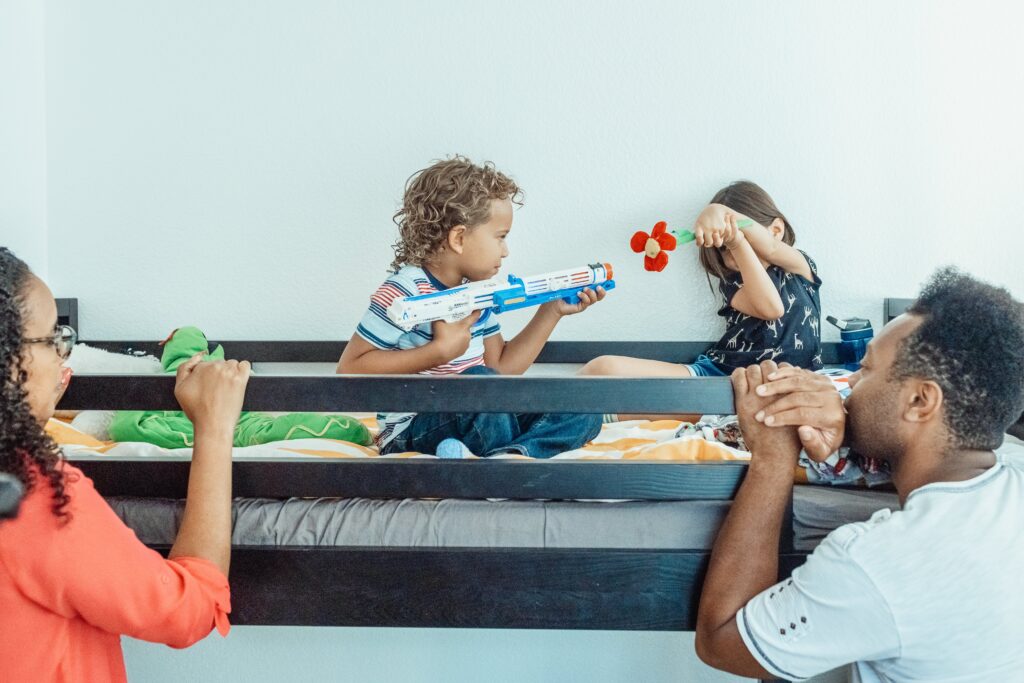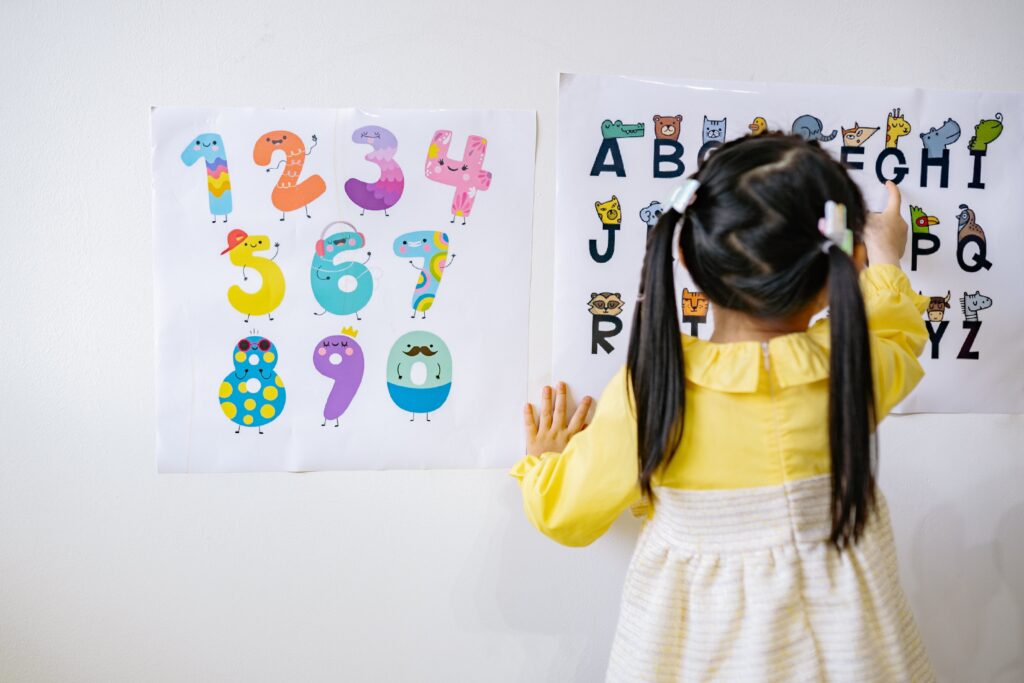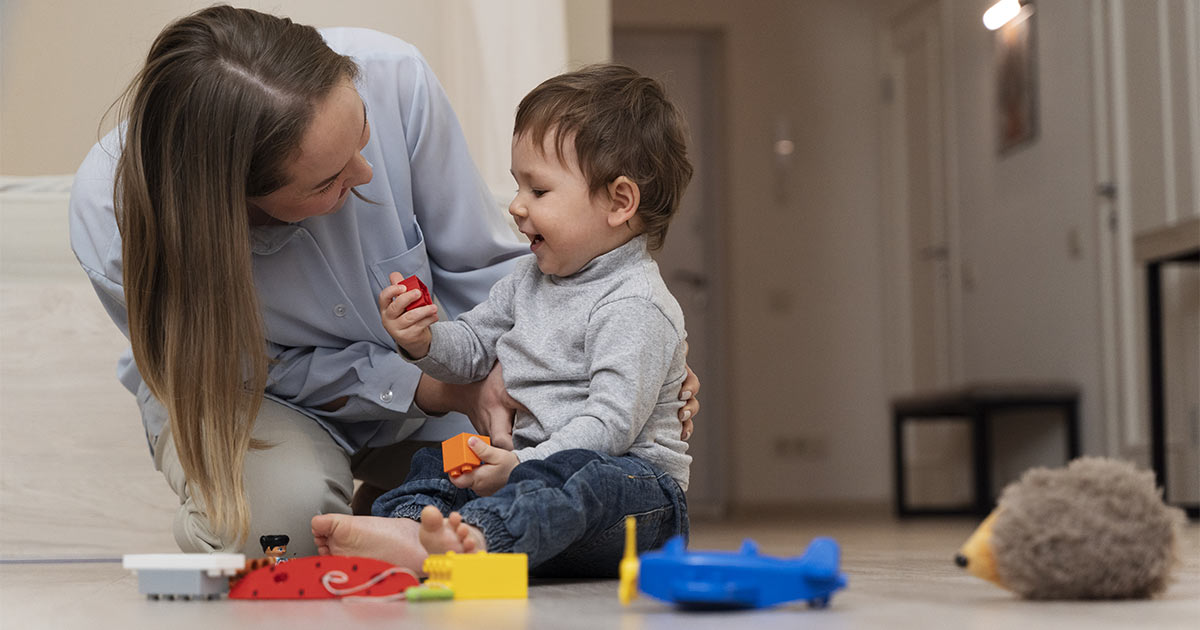If your preschooler’s constant questionings (“whys”) don’t drive you crazy I do not know what would!
For example, “But why isn’t it purple with polka dots today?” instead of “Why is the sky blue, Mommy?”
“But why can’t vegetables talk mommy?”
It’s parenting and insanity walking on a tightrope! Thus, it is essential to learn some useful parental tips for preschoolers to help your child navigate this period!
We have collected ten tips for you to be well-prepared for parenting preschoolers. Think of them as the go-to tools that will help you steer your child’s growth.
This advice comes from various experts around the country who gave insights into what they think about children in pre-school age so pay attention!
Parenting Preschoolers
Being a parent to a preschooler often means one has to listen to different versions of questions that are challenging and this can be very frustrating or painful. But it is important to note that such reactions could be a sign of effective parenting because setting limits is an integral part of directing children’s behavior.

Pediatricians use certain milestones to evaluate a child’s development whether it be cognitive or physical! It is also necessary to remember that premature birth may affect when these milestones are reached hence continuous discussion with your doctor about any concerns.
When kids reach this stage, they will start understanding that letters and numbers are representations of real things, as well as concepts that help them interweave stories and communicate information.
At ages 4–5, children tend to have vocabularies of around 1,000 – 2,000 words. They will keep on improving their speech although there might still be some developmental sound errors and occasional stuttering.
This is why you should consider following our expert-backed parental tips for preschoolers in order to make your journey as smooth as possible.
Read More: Understand What Is Parenting And Discover The Most Important Parenting Skills
Parental Tips For Preschoolers
The age of three and five is not entirely without its challenges. When parenting a preschooler, you must balance enthusiasm with occasional defiance of rules.
You can find some practical tips for parents on how to raise preschoolers in this phase of their lives:
1. Set Consistent Boundaries
When dealing with the behavior of preschoolers, what you need is consistency. Once you put a rule into place, stick to it.
It gives your child security that as feelings get high or when they go places that may be unsafe, you are guiding them.
Read More: How To Set Boundaries To Protect Your Mental Health
2. Create Routine
For preschool children, routines are important because they help them know what to expect throughout their day and make smooth transitions between activities like eating time and bedtimes.
3. Transitional Problems
Just realize that going from one thing to the other is often hard for pre-schoolers. Shifts from one activity to another should be signaled by reminders or timers. Take a moment during a transition in your schedule to account for any delay in their pace.
4. Praising Good Behaviour
Despite the constant chorus of “no” and “watch out,” grab on the instances when your child behaves well.

Commend them specifically and descriptively, while reinforcing actions you appreciate. Their pursuit of approval and understanding is nourished by positive reinforcement.
Read More: What is Dolphin Parenting Style? 5 Effective Strategies That Work Wonders for Kids
5. Give Options
The expanding world of the preschooler involves an element of control. Allow them to exercise their autonomy without interfering with daily routines by offering limited choices such as red or blue socks or strawberry yogurt as opposed to peach yogurt.
6. Validate Emotions
Whether it’s joy, sadness, or anger take time to acknowledge how your child feels about what’s happening around them even if it seems trivial for an adult.

This will create a sense of security which in turn enables the children to face overwhelming emotions at this particular age.
7. Encourage Outside Play
Preschoolers require physical activity for development purposes. Physical health improves through outdoor play as well as socio-emotional development. They need at least sixty minutes of uninterrupted outdoor play each day to foster their overall health.
8. Limit Screen Time
One of the parental tips for preschoolers that pediatricians suggests is that preschoolers should limit their screen time. Behavioral patterns, emotions and cognitive development can all be affected by too much screen time. Use screens judiciously, combining them with play outside or engagement with your child.
Read More: 5 Damaging Impact of Social Media on Children
Remember, parenting experiences are unique to every individual while these guidelines on how to raise preschoolers as a parent were backed by professionals.
If you still need some personal advice about how to parent your preschooler, review the tips below from other parents who have shared some great insights on raising preschoolers.
Their stories may also give you additional knowledge for your particular parenting journey.
Preschool Parenting Advice
1. “I’ve found that creating a ‘memory box’ with my preschooler has been a game-changer. It’s like a little treasure chest filled with their drawings and tiny trinkets.”
Encourages reminiscing and strengthens the parent-child bond through shared memories.
2. “One thing we’ve loved doing is planting a small garden together. It’s not just about flowers and veggies; it’s a hands-on lesson in growth and responsibility”
Fosters a connection with nature and imparts a sense of responsibility and achievement.
3. “In our household, we’ve started having tech-free hours, especially during family time..”
Promotes genuine connections, reducing digital distractions for a more present and engaged family experience.
4. “We’ve been having these incredible storytelling adventures. I let my preschooler take the lead, and the stories that unfold are just magical.”

Enhances language skills and nurtures a creative and imaginative mindset.
5. “Cooking together has been a game-changer for us. It’s not just about making meals; it’s a tasty way to sneak in some math concepts.”
Blends learning with fun, turning everyday tasks into educational and enjoyable experiences.
6. “Something we’ve started is simple mindful breathing exercises. It’s surprising how effective it is, especially during those moments of stress or excitement.”
Teaches a valuable coping mechanism for managing emotions and promotes emotional well-being.
7. “We came up with this fun idea of ‘Adventure Jars.’ We fill them with different activity ideas, and whenever we’re up for some spontaneous fun, my preschooler picks one, and off we go.”
Infuses excitement into routine days and encourages a sense of spontaneity.
8. “I’ve been leaving these little positive post-it notes around the house for my preschooler.”
Promotes a positive mindset and self-esteem.
9. “Our mornings have turned into ‘Music Mornings.’ Starting the day with a little musical routine—it sets such a positive tone.”
Creates a positive start to the day and nurtures a love for music.
10. “Nature’s become our classroom during our outdoor walks. We explore local flora and fauna, turning those everyday outings into fascinating learning opportunities.”
Encourages exploration and fosters a curiosity-driven mindset.
So, whether you’re creating a treasure trove of memories or sowing the seeds of responsibility in a garden plot, remember: these seemingly simple acts carry the weight of cherished bonds, invaluable lessons, and the pure joy of shared experiences.
Read More: Mental Health Tips for Kids: 5 Powerful Parenting Strategies To Support Your Child’s Mental Health
A Word From Mind Family
At Mind Family, we understand that bringing up children is different for every family, and these suggestions are valuable gems of guidance and life experiences.
Therefore, we hope these tips help your journey to be a little easier, a bit happier and remind you that you are surrounded by people who root for you.
For one thing, parenting is all about finding what works for you; this shared experience that is only a fragment of the whole picture.
We are here for you if you ever want to tell your stories or ask questions to our friendly community.
Frequently Asked Questions (FAQs)
1. What are some parental tips for preschoolers?
Setting boundaries consistently, establishing routines, praising them when they do good things, providing choices and letting them play outside more are some of the parental tips for the preschoolers.
2. What is some preschool parenting advice?
It involves suggestions for parents with preschoolers to make a “memory box,” plant mini-gardens, introduce no-screen hours, go on story adventures, cook as a team, practice mindfulness breathing techniques, have adventure jars, leave notes that are positive.
3. How it is parenting preschoolers?
Parenting preschoolers, at times, means dealing with excitement and defiance of rules. It entails setting unchanging boundaries, making schedules and acknowledging that it is hard for them to move from one task to another, praising desirable behavior and giving options.











